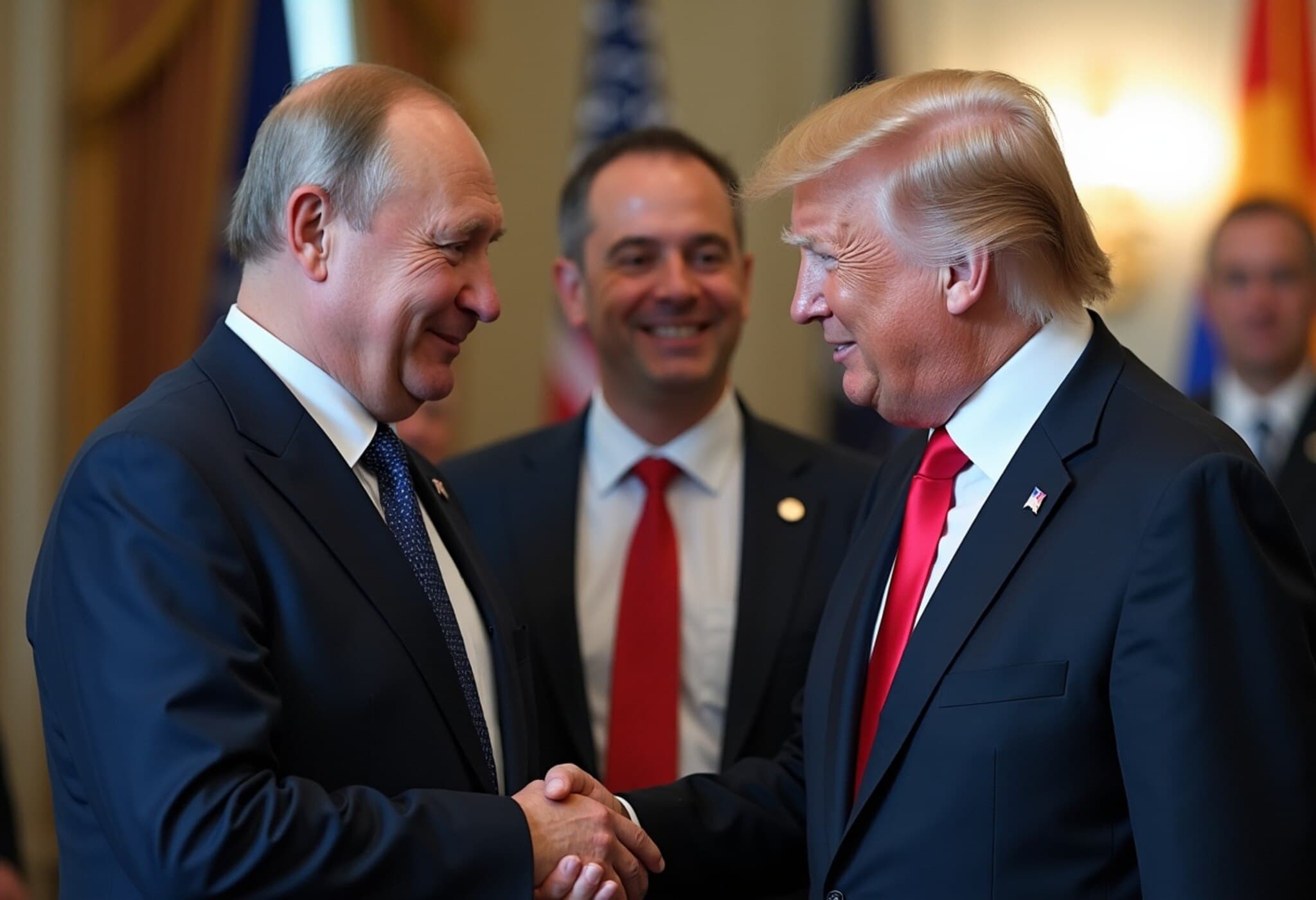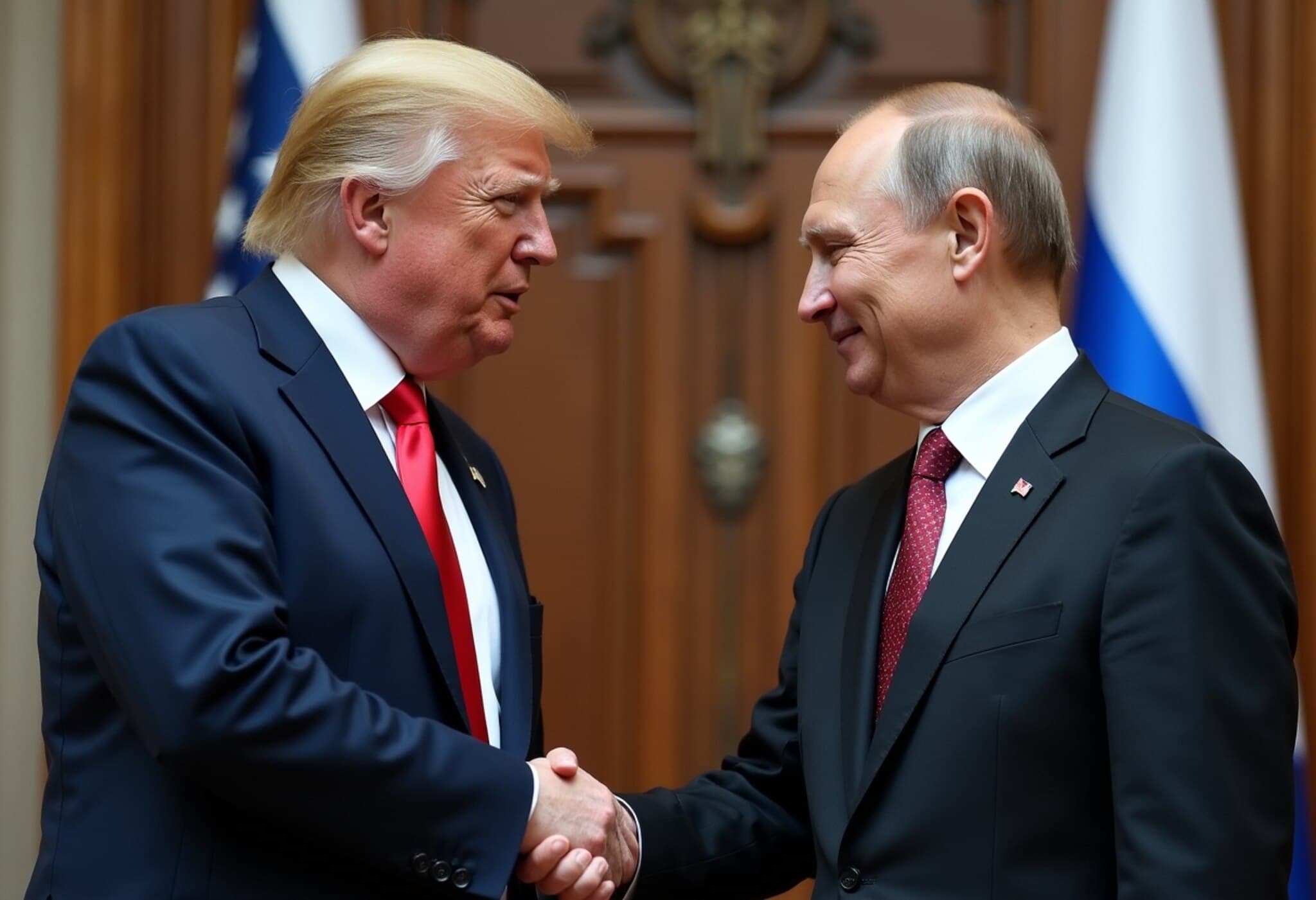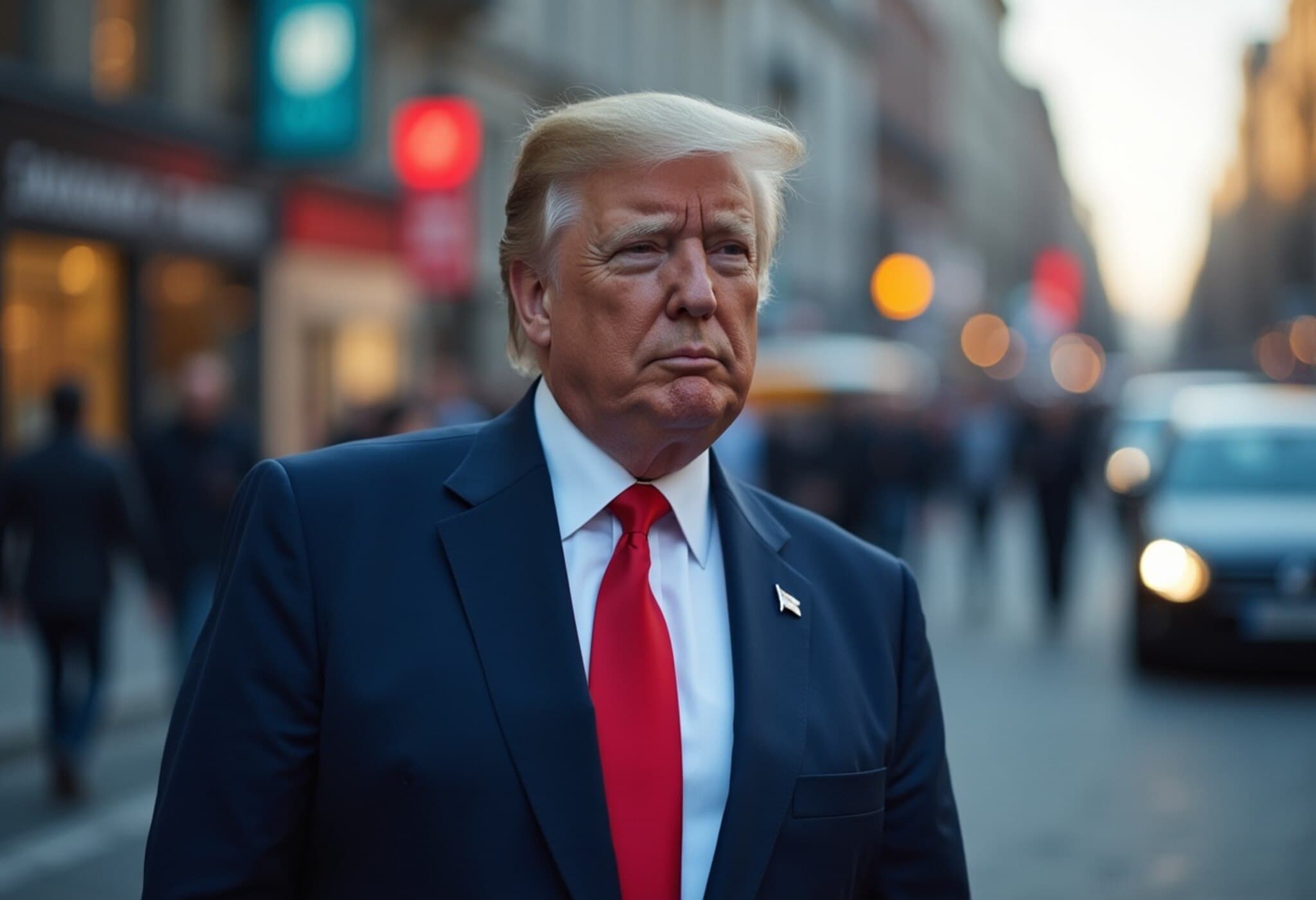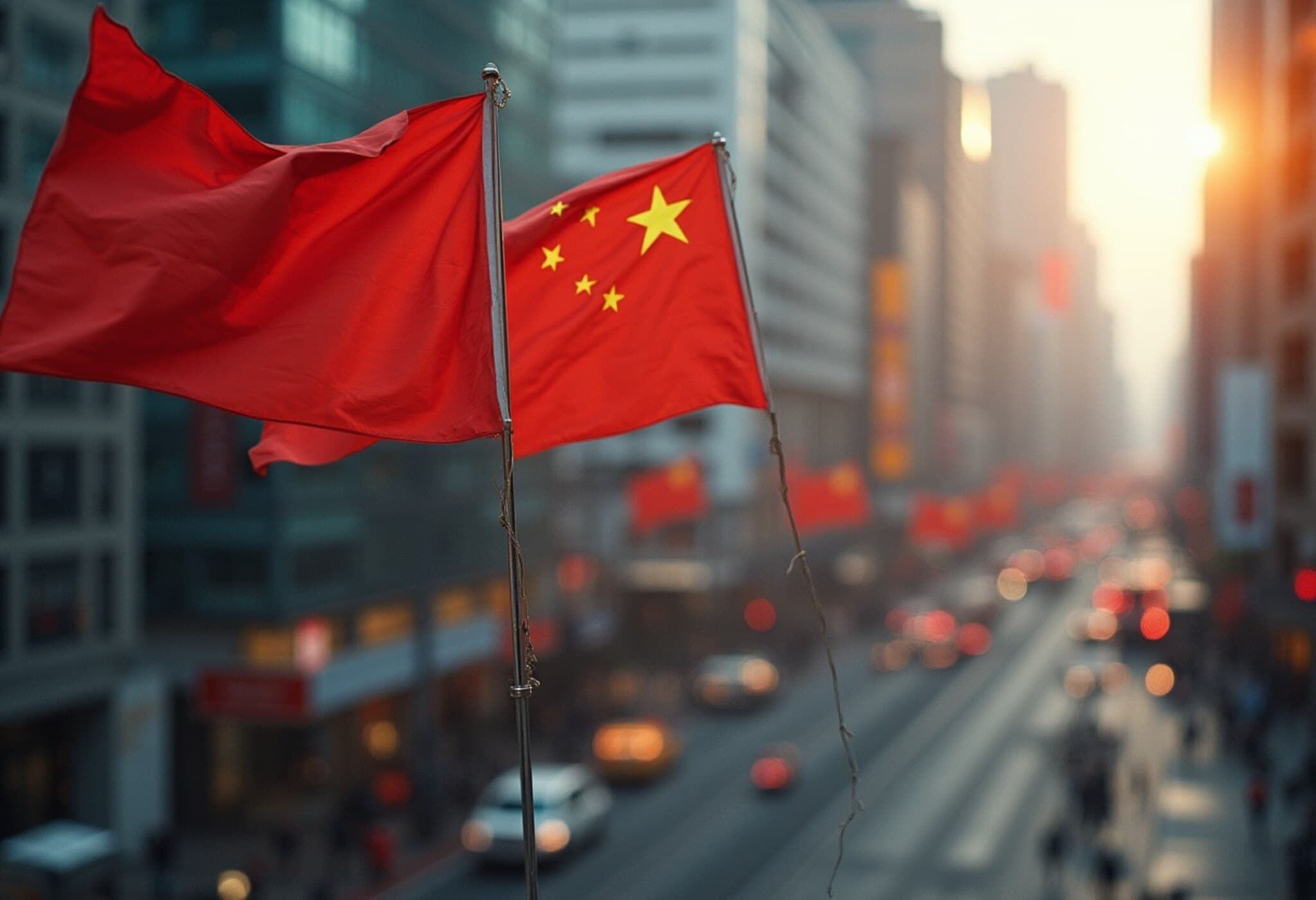China’s Expanding Footprint in UK Private Education Sparks Unease
In recent years, Chinese investors have significantly increased their acquisitions of private schools across the United Kingdom, a trend that has caught the attention of British officials and security services alike. More than 30 independent British schools have come under Chinese ownership over the past decade, including historic institutions such as Wisbech Grammar School, founded in 1379, and Thetford Grammar School, established in 1566.
Underlying Concerns Over Influence and National Security
While foreign investment can inject capital and foster international collaboration, UK authorities express mounting concern about the potential for ideological influence linked to the Chinese Communist Party (CCP). Sources within the UK’s Department for Education and security agencies have voiced worries that this trend reflects a strategic effort by China to exert soft power over younger generations through education. However, these concerns face practical challenges, as China is not currently classified on the UK government’s enhanced list of national security risk countries, complicating regulatory oversight.
Experts Highlight China’s Long-Term Strategy in UK Education
According to a senior government insider quoted by The Sunday Times, China is pursuing what can be described as a "long game," reminiscent of historical empire-building tactics, though through educational influence rather than military means. The official remarked, "China initially targeted universities to spread its influence but has now shifted focus to younger students, recognizing that education at an earlier stage imprints ideological perspectives more deeply. This is a form of ideological warfare, shaping future generations who may be sympathetic to the Communist Party's interests."
Labour MP Phil Brickell, member of the Foreign Affairs Committee, underscored the vulnerability of the UK’s education sector: "Britain’s world-leading education system is an obvious target for foreign influence, and it must be safeguarded to protect national interests. Regrettably, successive governments have underestimated the strategic risks posed by China." Brickell advocates for stronger governmental measures to shield British educational institutions from undue foreign sway.
Regulatory Landscape and Government Response
Despite security agencies recommending that China be added to the Foreign Influence Registration Scheme (FIRS)—a registry tracking individuals affiliated with hostile foreign entities—Prime Minister Sir Keir Starmer has so far declined such action. The reluctance stems partly from the complex diplomatic and economic ties between the UK and China, as well as concerns about the implications for academic collaborations.
Resurgence of Acquisitions Post-Pandemic
Between 2017 and 2020, 17 schools were acquired by Chinese investors, many of which were facing financial challenges before purchase. These investors often aimed to attract more Chinese students and create global networks linking UK schools with their Chinese counterparts. Although the Covid-19 pandemic temporarily slowed acquisition activity, the trend resumed robustly from 2022 onward, culminating in 30 UK private schools under Chinese ownership by the end of 2024.
Case Studies: Historic UK Schools Under Chinese Ownership
- Wisbech Grammar School (Founded 1379): Acquired by Access Education, this school exemplifies the intersection of heritage and modern global investment.
- Thetford Grammar School (Founded 1566): Now owned by China Financial Services Holdings, highlighting the growing financial interest in venerable UK institutions.
- Malvern St James: Following its February acquisition, the school announced in March that it would introduce co-education to appeal to international boarding students, particularly from overseas markets where mixed-gender schooling is preferred. This decision sparked protests among the current student body, with some girls staging demonstrations symbolized by pink attire to express dissent.
In addition, several traditionally all-girls schools, such as Abbots Bromley and Ipswich High School, shifted to co-education after being acquired—signaling a strategic recalibration to cater to broader international boarding demands.
Broader Economic and Cultural Implications
Chinese ownership of UK private schools represents more than just an economic transaction; it carries broader implications for sovereignty, cultural identity, and the future of British education. The admissions policies, curriculum influences, and the cultivation of international student communities can shape the fabric of these historic institutions. Moreover, the distinctive Chinese approach to education and governance could shape school environments, raising subtle concerns about academic freedom and ideological balance.
Experts suggest vigilant regulatory frameworks and transparent ownership disclosures are essential to mitigate risks without undermining beneficial international interactions that enrich the cultural tapestry and economic vitality of UK education.
Looking Ahead: Balancing Opportunity and Security
The UK stands at a crossroads where inviting global investment must be balanced against safeguarding national interests and preserving the integrity of its educational heritage. As China continues to extend its soft power outreach, British policymakers and educators face the complex task of ensuring schools remain bastions of independent thought and cultural diversity.
Questions for Policymakers and the Public
- How can the UK enhance transparency around foreign ownership in education without stifling beneficial partnerships?
- What safeguards can be instituted to protect curricula from ideological influence?
- To what extent should foreign investment in education trigger national security evaluations?
Editor’s Note
China’s expanding role in the ownership of UK private schools invites a nuanced examination of the intersection between education, geopolitics, and national security. While international collaboration enriches educational experiences, the underlying strategic intent behind these acquisitions must be carefully scrutinized. This evolving scenario challenges Britain to uphold its educational values while navigating complex global dynamics. Readers are encouraged to consider what measures might best preserve the independence and reputation of the UK’s esteemed educational institutions for future generations.













